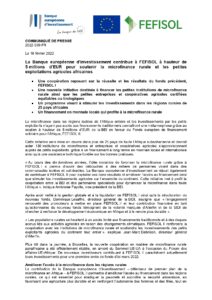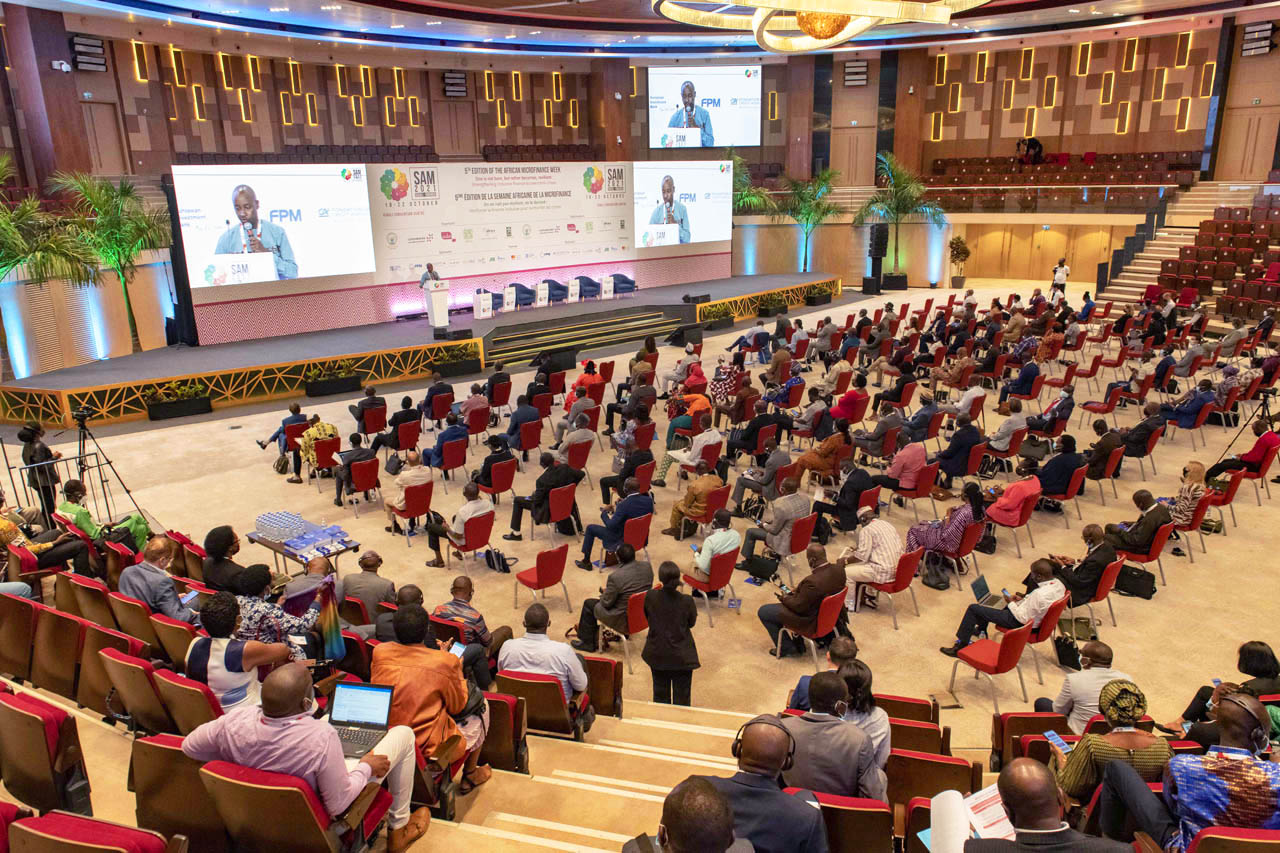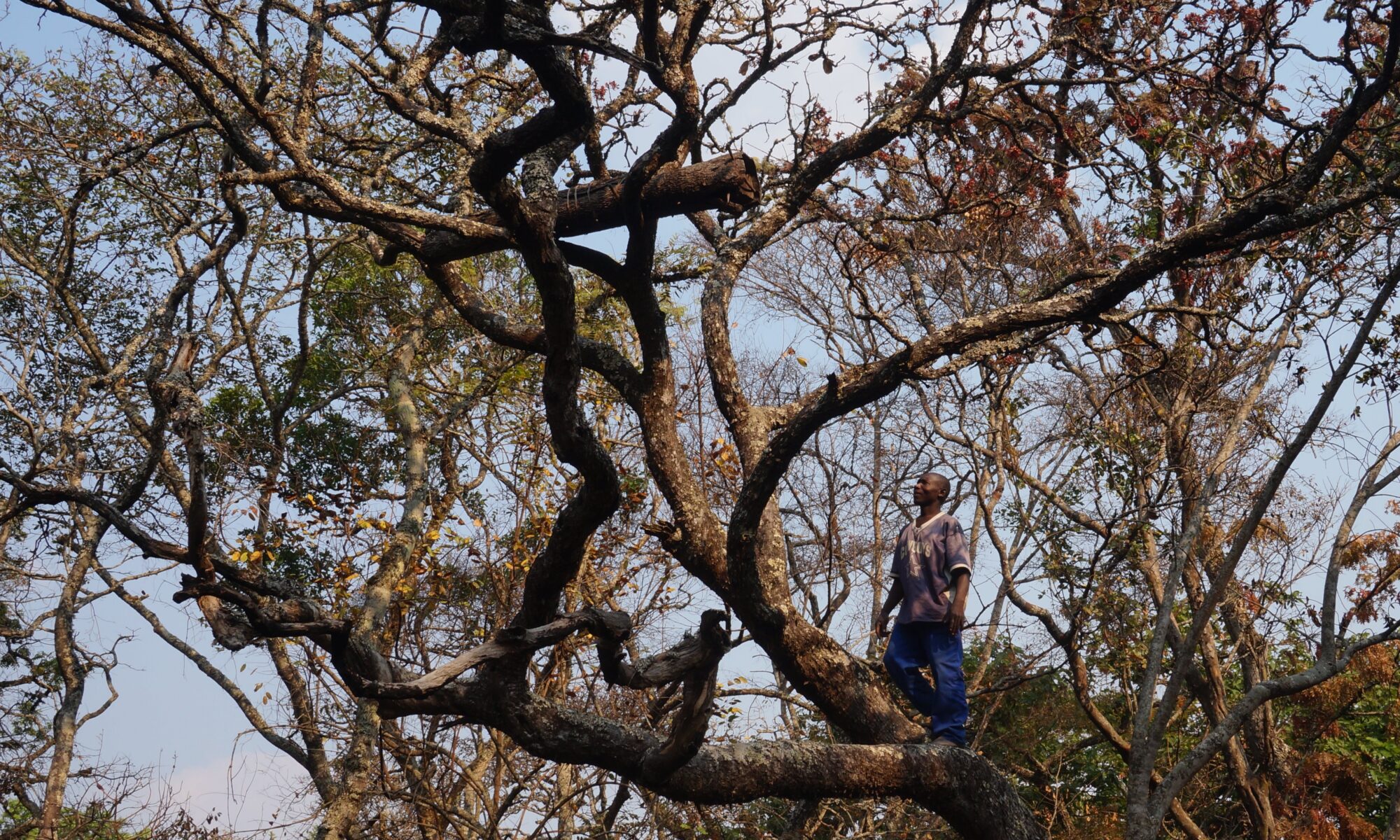 [CP] European Investment Bank lends €5 million to FEFISOL II to finance Africa’s agricultural sector
[CP] European Investment Bank lends €5 million to FEFISOL II to finance Africa’s agricultural sector
Building on the success of FEFISOL, the first impact fund dedicated to the rural world in Africa, which closed in 2021, its two founders, SIDI and Alterfin, have been actively working on the creation of a new fund: FEFISOL II, created at the end of 2021.
Today, the EIB is announcing its entry into the capital of FEFISOL II for an amount of 5 million euros! This renewed commitment will enable the Fund to pursue and deepen its social mission.
FEFISOL 1 has had a considerable impact over the past decade:
– 86M euros disbursed, of which 93% in Sub-Saharan Africa ;
– 75% of average outstandings in local currency ;
– 92 customers financed in 25 countries;
– 139 technical support projects carried out for 51 customers.
FEFISOL II builds on FEFISOL I’s pioneering support for rural microfinance and the agricultural sector. The challenge posed by the lack of financing for rural areas in Africa, and for farmers in particular, remains crucial.
In Africa, less than 5% of loans disbursed by traditional financial institutions are earmarked for the agricultural sector, and less than 10% of farmers have access to credit. And this despite the fact that around 48% of the population depends on agriculture. Although it makes a major contribution to many African economies, the agricultural sector is still poorly served financially, as it is often perceived as too risky or not profitable enough.
Rural communities face multiple challenges: the remoteness of financing, but also the growing risks induced by climate change, as well as the financial inclusion of women, who represent 60% of the agricultural workforce in Africa without often being able to benefit from the same rights as men.
FEFISOL II is structured to provide financial and technical support for solutions designed locally to meet these challenges. FEFISOL II will be implemented in over 25 countries in sub-Saharan Africa, and is expected to support 130 microfinance institutions or agricultural companies and cooperatives sourcing from smallholders and certified fair trade or organic.
Other investors are joining FEFISOL II for a round of financing that will close at the end of March: the first investments will be effective from May!



